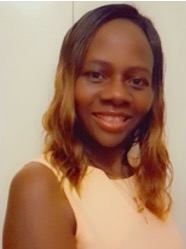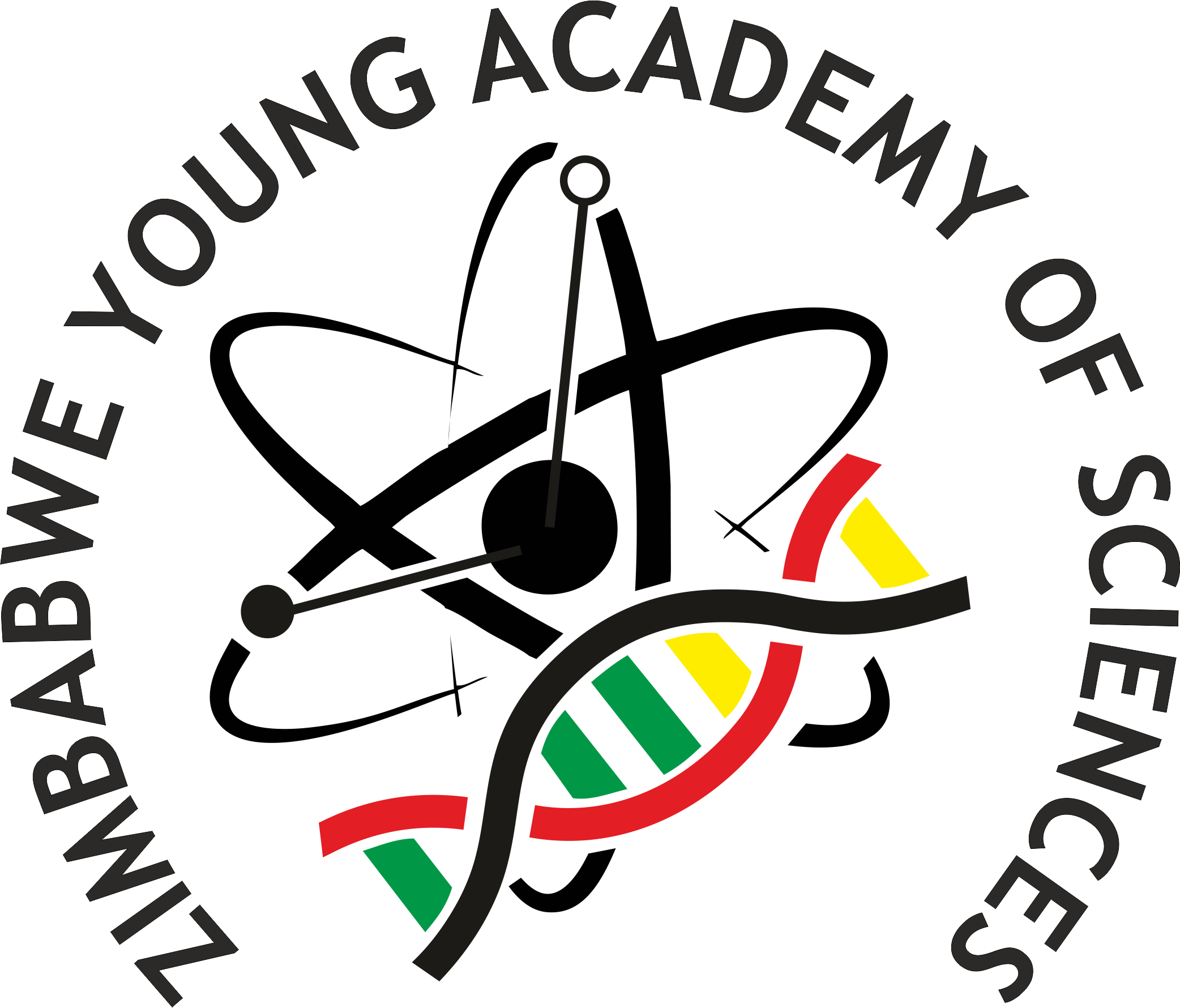
Ms Celia MJ Matyanga
The “glass ceiling” is a metaphor for an invisible barrier to advancement, often used to explain women’s inability to advance past a certain point in their professions and occupations, regardless of their qualifications or attainments.
Women are faced with many challenges in the workplace. It’s very difficult for women’s voices to be heard in a patriarchal society. However, throughout these challenges there is still hope. “For me, it has not been an easy road. Success only comes through hard work. I will share some nuggets on my journey of breaking the glass ceiling in HIV research”, said Ms. Celia Matyanga.
First and foremost, you need to identify your passion and interests. The rest follows because you know what you want to do, why you want to do it, and how it will change the world. Remember that you are “ABLE” to achieve anything you set your mind on doing. It’s important to Aspire for more, Believe in yourself, keep Learning, and put your best Effort in everything you do.
“I remember when my first paper was published, said Celia, it gave me a sense of fulfilment. I started believing in myself, and now 17 publications down the line, I am not stopping. I also understood early on that there is no harm in applying for grants/ fellowships/ scholarships. The worst that can happen is that you do not succeed, but the best thing that could happen is that you do succeed.” It’s also important to keep learning and aspiring for more. “I put my best effort in everything I apply for, as if I’m certain that I will succeed. Otherwise, what is the point? If one funder doesn’t like the idea, I keep trying until I find the one that does!”
Celia’s current work involves understanding the effects of herbal medicines (namely African potato) on blood concentration levels of commonly used HIV drugs. But how did she end up working in this critical field of research? “I have always had a passion for HIV research, that was my starting point. Being a pharmacist, my interest was also aligned towards drugs. However, in practice, I noticed that patients often use herbal medicines together with conventional drugs, mainly because herbal medicines are readily available, cheaper, and date back from time immemorial. With very limited knowledge in this aspect, I decided to marry my passion for HIV research with my career as a pharmacist, to provide the best care for people living with HIV.”
This research will provide the first evidence of whether African potato can be used safely with antiretroviral drugs (namely tenofovir and lamivudine) in people who are HIV infected. “Due to lack of evidence, healthcare workers generally discourage their patients from using traditional medicines with conventional drugs. Science is interesting because it shows facts which cannot be disputed. In Africa we are sitting on a gold mine of traditional medicines that could have immense health benefits, yet we fail to conduct research on our own indigenous resources, said Celia. I am advocating for more research into our native resources so that we maximise the benefits and get more insights in the concurrent use of traditional medicines with antiretroviral drugs.”
In addition to this interesting research, Celia is involved in educating and mentoring students. The world needs more researchers who can make breakthroughs to solve global health problems. “I have been privileged to be mentored by great researchers who have made me who I am today.” She is also involved in promoting STEMM careers among women and girls. Outside work, she is passionate about nurturing women and the underprivileged.
“Life is about taking one-step at a time, sometimes it is overwhelming, but it’s always important to remember the goal/ passion/ finish line, and that you are ABLE. Therefore, go out there, turn your cons into pros, and BREAK THE GLASS CEILING!”
Ms. Celia MJ Matyanga is a pharmacist, pharmacologist, lecturer and PhD student at the University of Zimbabwe. She is a co-Principal Investigator and mentor for the AFRIESEARCHI Zimbabwe Gender in STEMM (ZIM-GIS) Project, a trainee for the Nature Research for Early Career Researchers program, and an awardee of the L’Oréal-UNESCO For Women in Science Young Talents. She also serves as a member of the National Health Research and Development Committee for the Medical Research Council of Zimbabwe.
Editor: Ben Chimukangara is a widely published medical research scientist, peer reviewer and blog editor. He is passionate about simplifying science communication for effective engagement with non-scientific communities.
